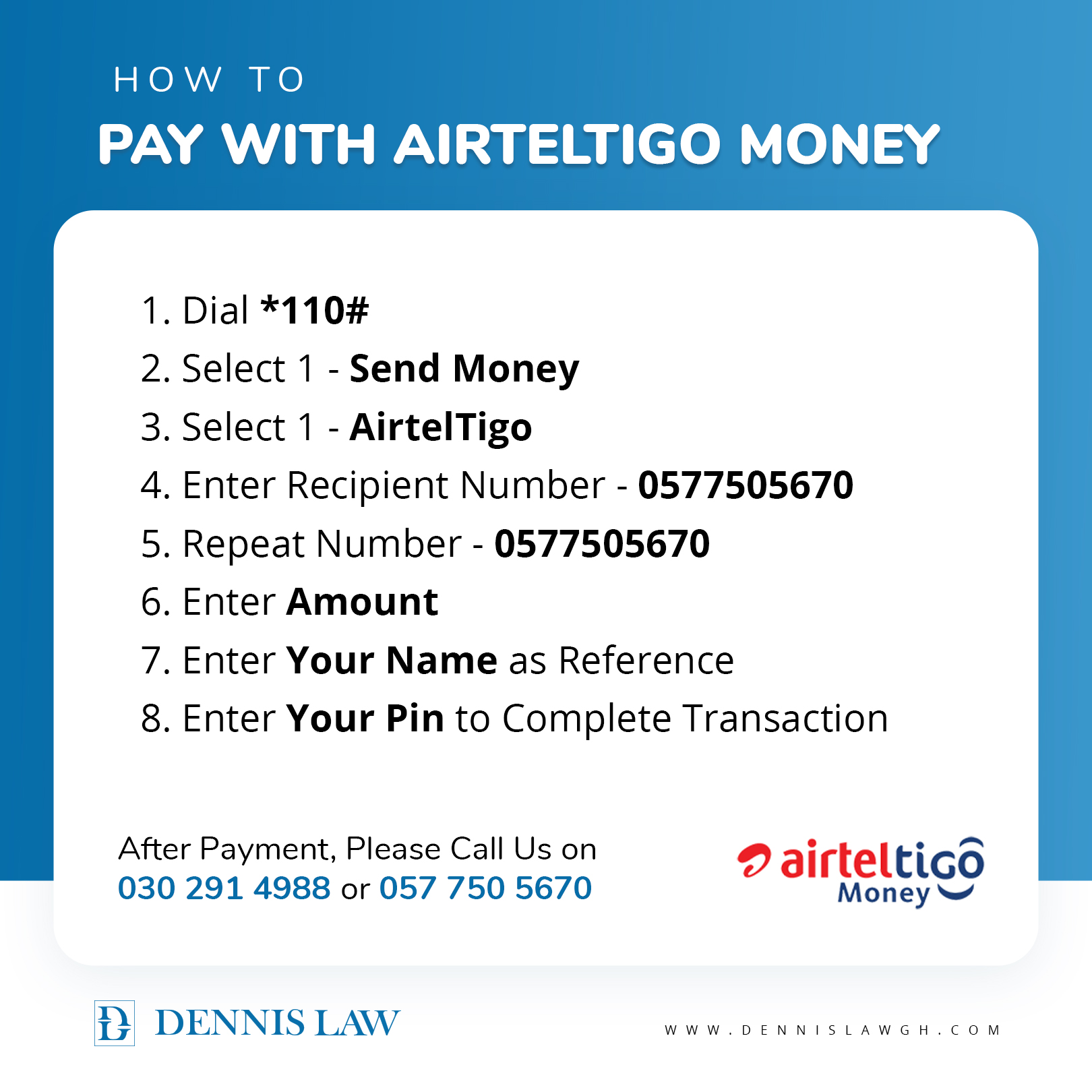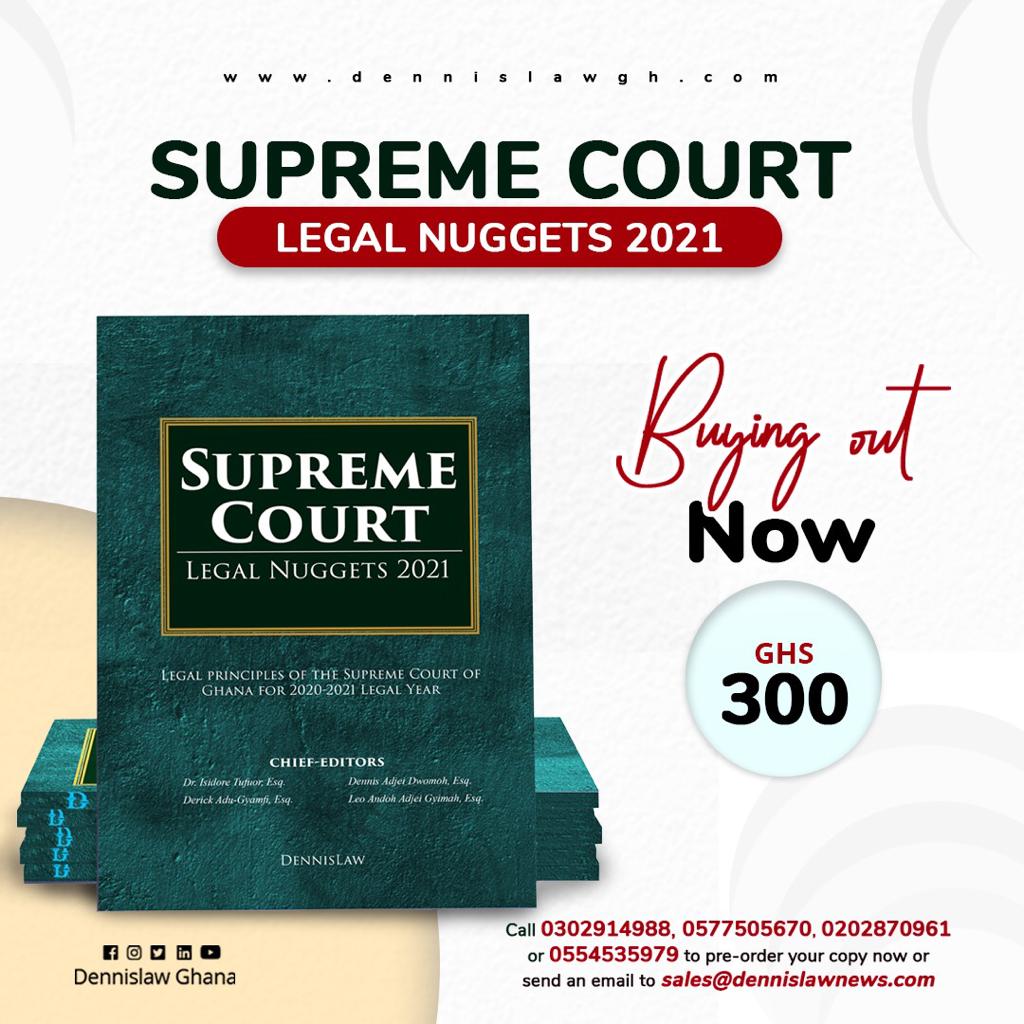1. (1) The Sovereignty of Ghana resides in the
people of Ghana in whose name and for whose welfare the powers of government
are to be exercised in the manner and within the limits laid down in this
Constitution.
(2) The Constitution shall be the supreme law of Ghana
and any other law found to be inconsistent with any provision of this
Constitution shall, to the extent of the inconsistency, be void.
2. (1) A person who alleges that
(a) an enactment or anything contained in or done under the authority of that or any other enactment; or
(b) any act or omission of any person;
is inconsistent with, or is in contravention of a provision of this Constitution, may bring an action in the Supreme Court for a declaration to that effect.
(2) The Supreme Court shall, for the purposes of a
declaration under clause (1) of this article, make such orders and give such
directions as it may consider appropriate for giving effect, or enabling effect
to be given, to the declaration so made.
(3) Any person or group of persons of whom an order or
direction is addressed under clause (2) of this article by the Supreme Court,
shall duly obey and carry out the terms of the order or direction.
(4) Failure to obey or carry out the terms of an order
or direction made or given under clause (2) of this article constitutes a high
crime under this Constitution and shall, in the case of the President or the
Vice-President, constitute a ground for removal from office under this
Constitution.
(5) A person convicted of a high crime under clause
(4) of this article shall -
(a) be liable to imprisonment not exceeding ten years
without the option of a fine; and
(b) not be eligible for election, or for appointment,
to any public office for ten years beginning with the date of the expiration of
the term of imprisonment.
3. (1) Parliament shall have no power to enact a
law establishing a one-party state.
(2) Any activity of a person or group of persons which
suppresses or seeks to suppress the lawful political activity of any other
person or any class of persons, or persons generally is unlawful.
(3) Any person who -
(a) by himself or in concert with others by any
violent or other unlawful means, suspends or overthrows or abrogates this
Constitution or any part of it, or attempts to do any such act; or
(b) aids and abets in any manner any person referred
to in paragraph (a) of this clause; commits the offence of high treason and
shall, upon conviction, be sentenced to suffer death.
(4) All citizens of Ghana shall have the right and
duty at all times -
(a) to defend this Constitution, and in particular, to
resist any prison or group of persons seeking to commit any of the acts
referred to in clause (3) of this article; and
(b) to do all in their power to restore this
Constitution after it has been suspended, overthrown, or abrogated as referred
to in clause (3) of this article.
(5) Any person or group of persons who suppresses or
resists the suspension, overthrow or abrogation of this Constitution as
referred to in clause (3) of this article, commit no offence.
(6) Where a person referred to in clause (5) of this
article is punished for any act done under that clause, the punishment shall,
on the restoration of this Constitution, be taken to be void from the time it
was imposed and he shall, from that time, be taken to be absolved from all
liabilities arising out of the punishment.
(7) The Supreme Court shall, on application by or on
behalf of a person who has suffered any punishment or loss to which clause (6)
of this article relates, award him adequate compensation, which shall be
charged on the Consolidated Fund, in respect of any suffering or loss incurred
as a result of the punishment.
4. (1) The
sovereign State of Ghana is a unitary republic consisting of those territories
comprised in the regions which immediately before the coming into force of this
Constitution, existed in Ghana, including the territorial sea and the air
space.
(2) Parliament may by law provide for the delimitation
of the territorial sea, the contiguous zone, the exclusive economic zone and
the continental shelf of Ghana.
5. (1) Subject
to the provisions of this article, the President may, by constitutional instrument -
(a) create a new region;
(b) alter the boundaries of a region; or
(c) provide for the merger of two or more regions.
(2) If the President, upon a petition being presented
to him and, on the advice of the Council of State, is satisfied that there is
substantial demand for -
(a) the creation of a new region;
(b) the alteration of the boundaries of a region,
whether or not the alteration involves the creation of a new region; or
(c) the merger of any two or more regions;
he shall, acting in accordance with the advice of the
Council of State, appoint a commission of inquiry to inquire into the demand
and to make recommendations on all the factors involved in the creation,
alteration or merge.
(3) If, notwithstanding that a petition has not been
presented to him, the President is, on the advice of the Council of State,
satisfied that the need has arisen for taking any of the steps referred to in
paragraphs (a), (b) and (c) of clause (1) of this article, he may, acting in
accordance with the advice of the Council of State, appoint a commission of
inquiry to inquire into the need and to make recommendations on all the factors
involved in the creation, alteration or merger.
(4) Where a commission of inquiry appointed under
clause (2) and (3) of this article finds that there is the need and a
substantial demand for the creation, alteration or merger referred to in either
of those clauses, it shall recommend to the President that a referendum be
held, specifying the sues to be determined by the referendum and the places
where the referendum should be held.
(5) The President shall refer the recommendations to
the Electoral Commission, and the referendum all be held in a manner prescribed
by the Electoral Commission.
(6) An issue referred for determination by referendum
under clauses (4) and (5) shall not be taken to determined by the referendum
unless at least fifty percent of the persons entitled to vote cast their votes
at the referendum, and of the votes cast at least eighty per cent were cast in
favour of that issue.
(7) Where a referendum involves the merger of two or
more regions, the issue shall not be taken to be determined unless at least
sixty per cent of the persons entitled to vote at the referendum in each such
region voted in favour of the merger of the two or more regions; and
accordingly, clause (6) of this article shall not apply to the referendum.
(8) The President shall, under clause (1) of this
article, and acting in accordance with the results of the referendum held under
clauses (4) and (5) of this article, issue a constitutional instrument giving
effect, or enabling effect to be given, to the results.




